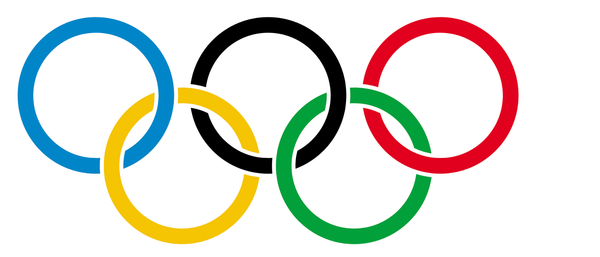Editorial: Coronavirus' impact on the impoverished should lead to calls for change

Since the end of 2019, countries all around the world have been fighting a new form of coronavirus from Wuhan, China named COVID-19. Measures taken against coronavirus test many different aspects of society, like common sense, healthcare, education, discipline, and empathy.
In developing nations, such as Benin, the population is working tirelessly to stop the spread of the virus. Many people have limited access to food, and limited access to the internet or no way to catch up on school. Despite this people are trying their best to contain the virus, and more fortunate people are donating food to others that they know are less privileged and are struggling to find food every single day. The World Economic Forum has declared that the coronavirus pandemic could push half a billion people into poverty. This will not only be seen in the United States but also in the poorest regions of the world. Nearly half of Africa’s jobs could be lost, and about 239.8 million people in East Asia and the Pacific will be pushed into poverty.
According to Salud-America.org, coronavirus is hitting people in poverty the hardest. This pandemic has brought to light existing issues around the world and in the United States, like insufficient health insurance and low-income families living paycheck-to-paycheck. Coronavirus is putting these people at extreme risk because they tend to be essential workers and are more likely to be exposed to the virus.
U.S. healthcare costs are also unreasonably high, and this only adds to the problem. The International Federation of Health Plans Comparative Price Report shows that people in the United States are paying a lot more than they should for healthcare. The money they pay is disproportionately more than the treatment or medication is worth, and also a lot more than it would cost in another country. For example, they found that in the United States, an MRI can cost up to $3,031, while the average price in Spain is $181. This goes to show that many people cannot afford medical tests, and for this reason might avoid testing. According to the National Institute of Health, one day in the ICU with mechanical ventilation can cost up to $10,794. This puts people below the poverty line in a very bad situation. If they have the option to work, they are risking not only their health, but their economic safety as well, and if they don’t work or don’t have the option too, they can face eviction or struggle to find meals.
This pandemic is a test of our responsibility as a community. Even if we are not forced to stay home, please keep in mind how lucky we are to be in a position where we can stay home and still have access to an education. Even if you think that coronavirus isn’t affecting you, it’s important to think of how it is affecting others and how they are managing it. As a country, we should let all these places serve as an example for us in our behavior, speech, and actions.



